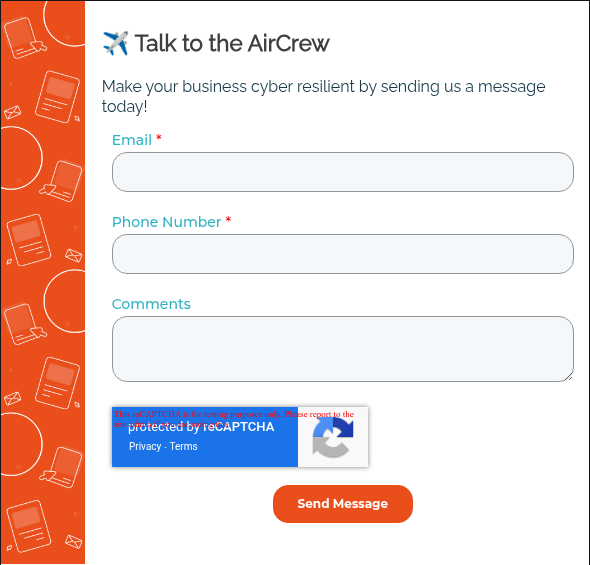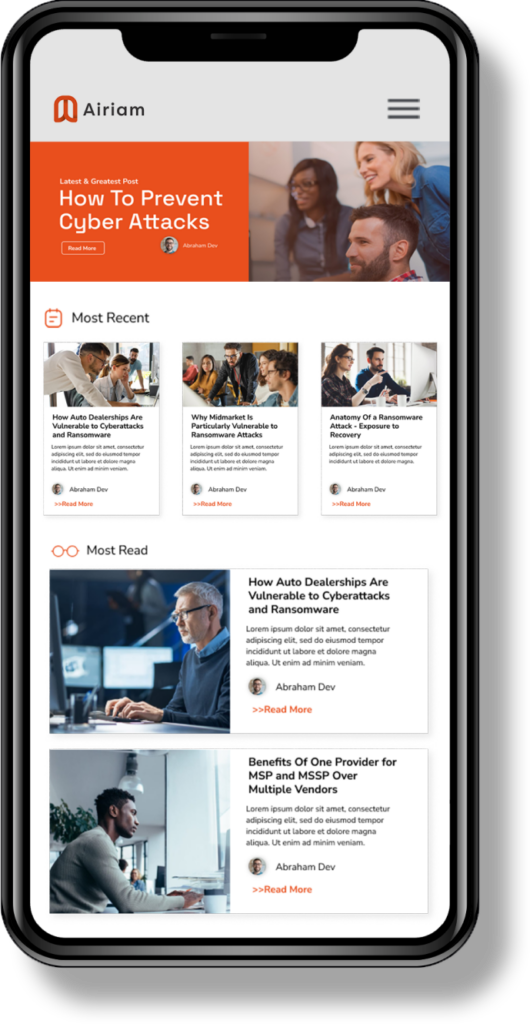AI in cybersecurity is revolutionizing how organizations defend against digital threats. From automating threat detection to predicting attacks before they occur, artificial intelligence is transforming security operations and significantly impacting the cybersecurity job market. As we move through 2025, professionals and companies must adapt to the evolving demands driven by AI technologies.
While there is rising worry that AI may replace human roles, the reality is more nuanced. The rise of AI in cybersecurity is actually creating new opportunities. From new job titles and evolving skill requirements to shifting workforce trends, the AI in cybersecurity job market is expanding, offering cybersecurity experts more ways to grow and specialize than ever before. Here’s how:
New Roles Emerging in the AI Cybersecurity Job Market
AI’s integration into cybersecurity has created demand for specialized roles that didn’t exist a few years ago. As organizations adopt AI-driven tools to enhance threat detection, automate incident response, and analyze vast amounts of security data, they require professionals with hybrid skill sets, like:
- AI Security Analysts: Experts who interpret AI-generated threat intelligence and optimize detection algorithms.
- Machine Learning Engineers for Security: Developers who build and train models to identify anomalies and prevent breaches.
- AI Governance & Ethics Officers: Professionals ensuring responsible AI use and regulatory compliance.
- Synthetic Threat Analysts: Specialists focused on combating AI-generated threats like deepfakes and synthetic phishing.
Roles Being Automated or Transformed by AI
While AI is creating new opportunities, it’s also automating repetitive tasks and transforming traditional roles:
- Tier 1 SOC Analysts: Routine alert triage and log analysis are increasingly handled by AI, shifting human focus to strategic oversight.
- Penetration Testers: AI tools simulate attacks at scale, prompting testers to focus on creative and complex vulnerabilities.
- Compliance Auditors: AI streamlines documentation and reporting, reducing manual workloads and improving accuracy.
This shift is prompting professionals to move beyond foundational tasks and focus on more strategic, creative, and analytical responsibilities. As a result, the AI in cybersecurity job market is demanding adaptable professionals and redefining the role of human expertise in an AI-driven landscape.
High Demand Skills in Cybersecurity Job Market
Upskilling for any position should be a routine for any professional, but AI requires a solid understanding of machine learning principles, data analytics, and automation tools that are increasingly used in threat detection and response. To stay competitive, cybersecurity professionals need to upskill in areas that complement AI, like:
- AI/ML Fundamentals: Understanding how models work and how to interpret their outputs.
- Data Science & Analytics: Ability to work with large datasets and extract actionable insights.
Additionally, cybersecurity experts need to familiarize themselves with AI ethics, regulatory frameworks, and emerging technologies to remain relevant and effective, like:
- Ethical Hacking with AI Tools: Using AI to simulate attacks and test defenses.
- Regulatory Knowledge: Familiarity with AI-related laws like GDPR, HIPAA, and the EU AI Act.
Global Workforce Trends Shaped by AI in Cybersecurity
But how is the AI-driven shift influencing workforce dynamics across the globe? We’re seeing:
- Talent Shortages: AI helps fill gaps but also creates demand for hybrid skill sets.
- Upskilling Initiatives: Companies are investing in AI training for existing cybersecurity staff.
- Remote AI-Security Roles: Cloud-based AI tools fuel demand for flexible, remote positions.
- Shift Toward Continuous Learning: Cybersecurity professionals are expected to engage in ongoing education through microlearning platforms, bootcamps, and AI-focused workshops.
The future of cybersecurity is finding its footing around the world. With cloud-based AI tools enabling remote work, companies are tapping into international talent pools and building more diverse, distributed teams. Companies that proactively upskill their teams and embrace hybrid roles will be better positioned to attract and retain top cybersecurity talent.
Preparing for the Future of AI in Cybersecurity Job Market
So how can you prepare? Cybersecurity professionals can future-proof their careers by:
- Learning AI basics and its applications in security.
- Staying updated on AI regulations and ethical standards.
- Pursuing certifications in AI and cybersecurity.
- Engaging in continuous learning through platforms like Coursera, Cybrary, and MIT OpenCourseWare.
AI isn’t replacing cybersecurity jobs, it’s reshaping them. The cybersecurity job market is evolving rapidly, and the future belongs to professionals who can blend technical expertise with AI fluency and ethical awareness. As AI continues to advance, so will the opportunities for those ready to embrace its potential.
Got questions? We have answers.


